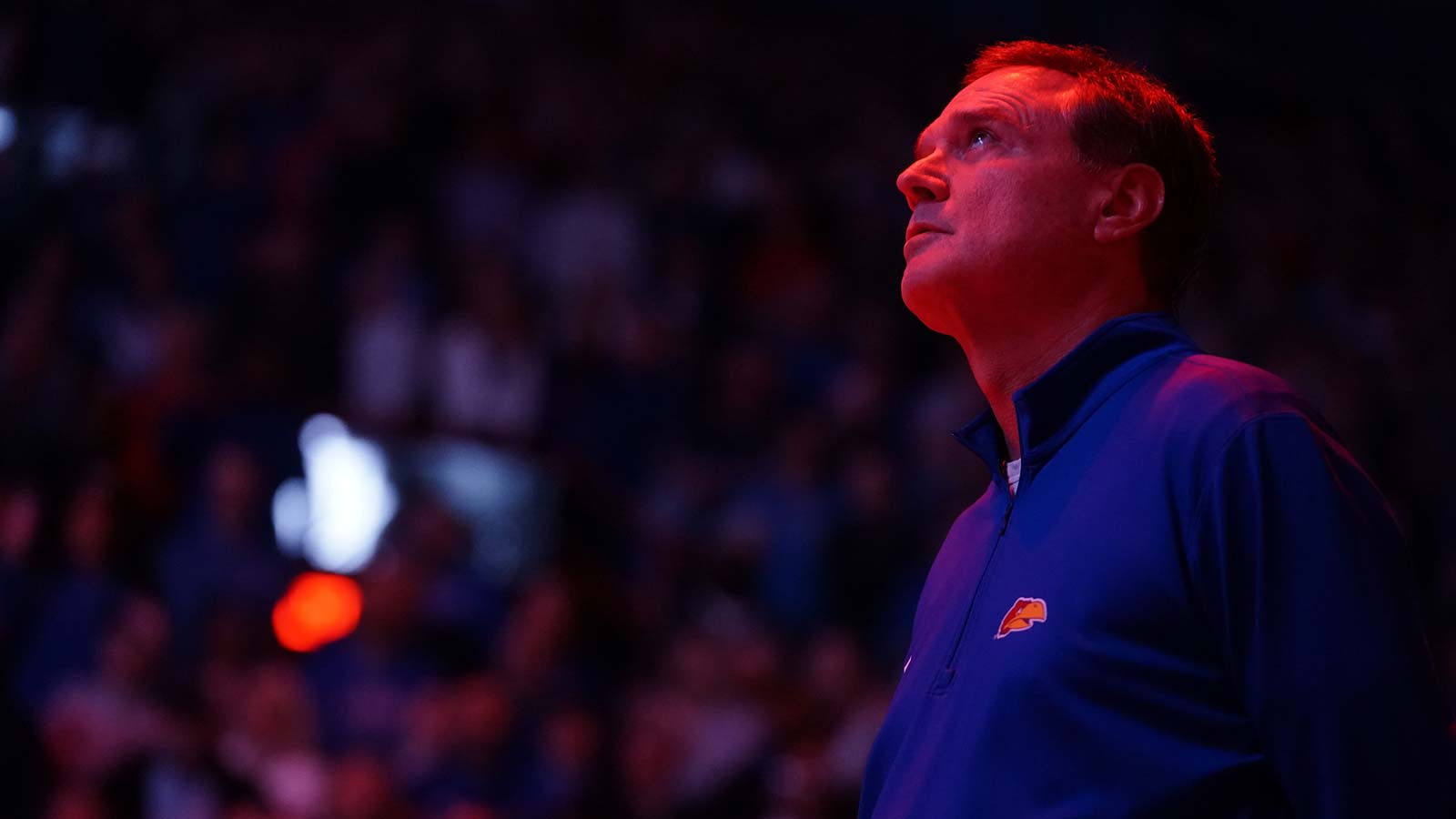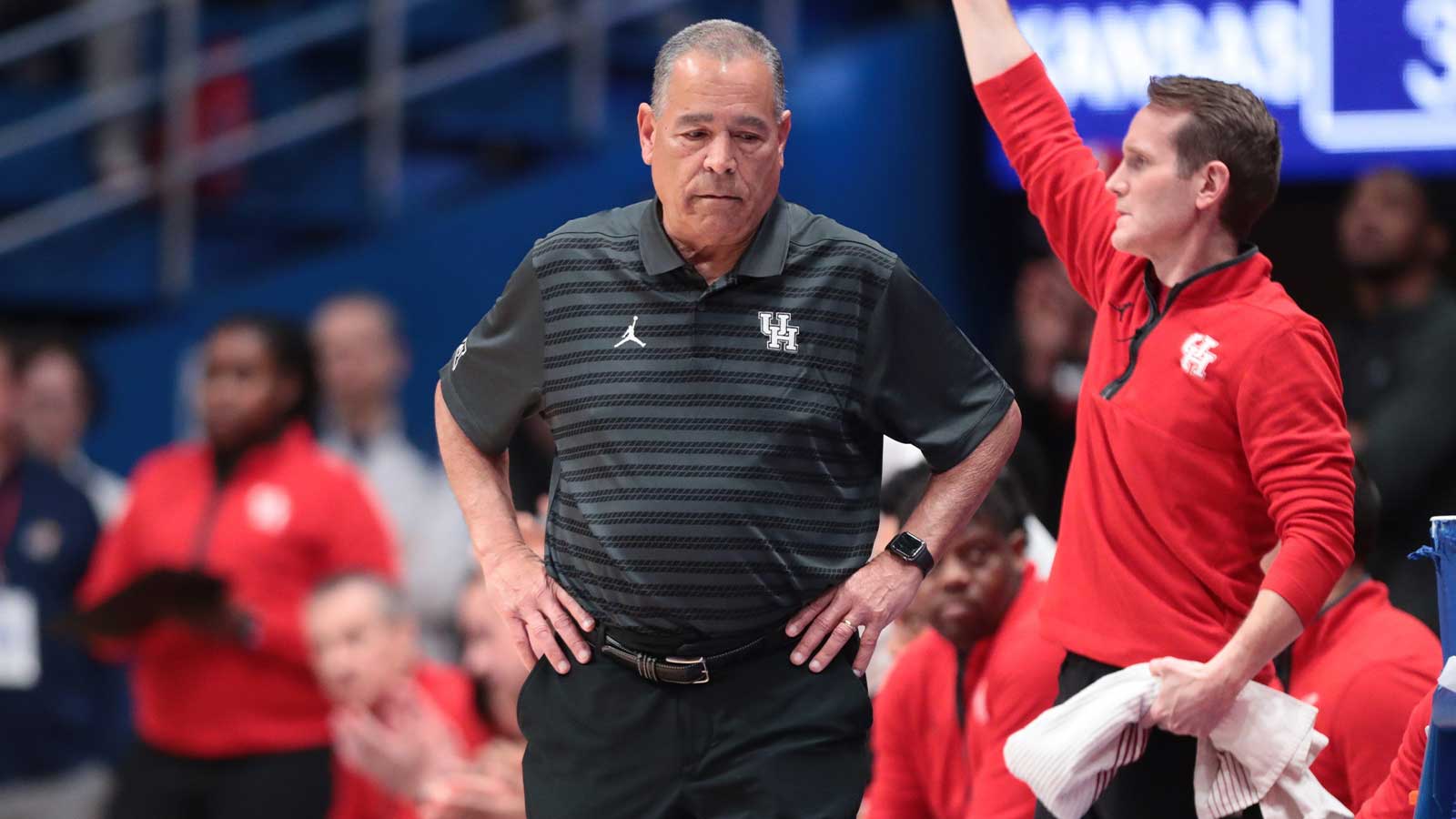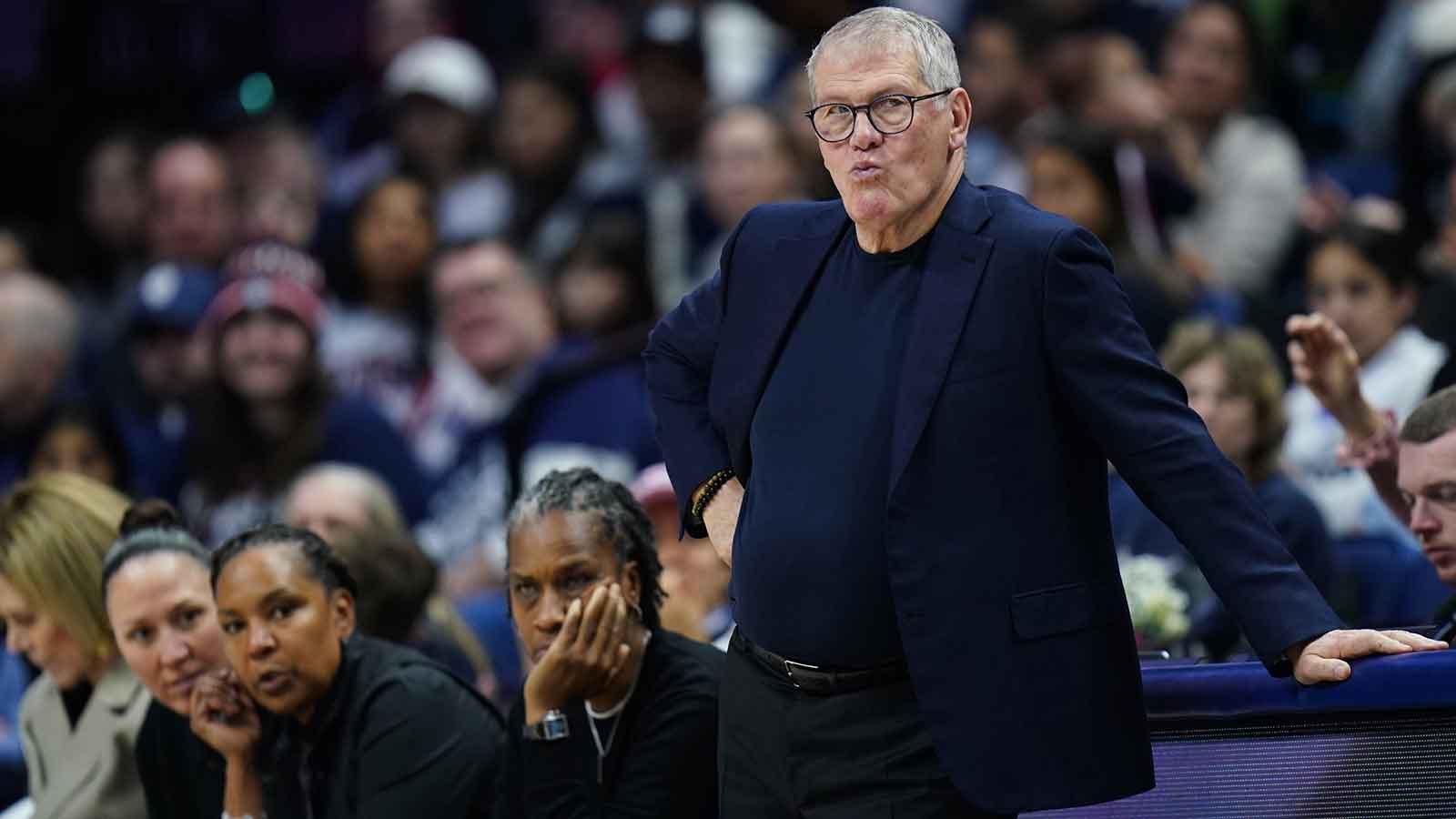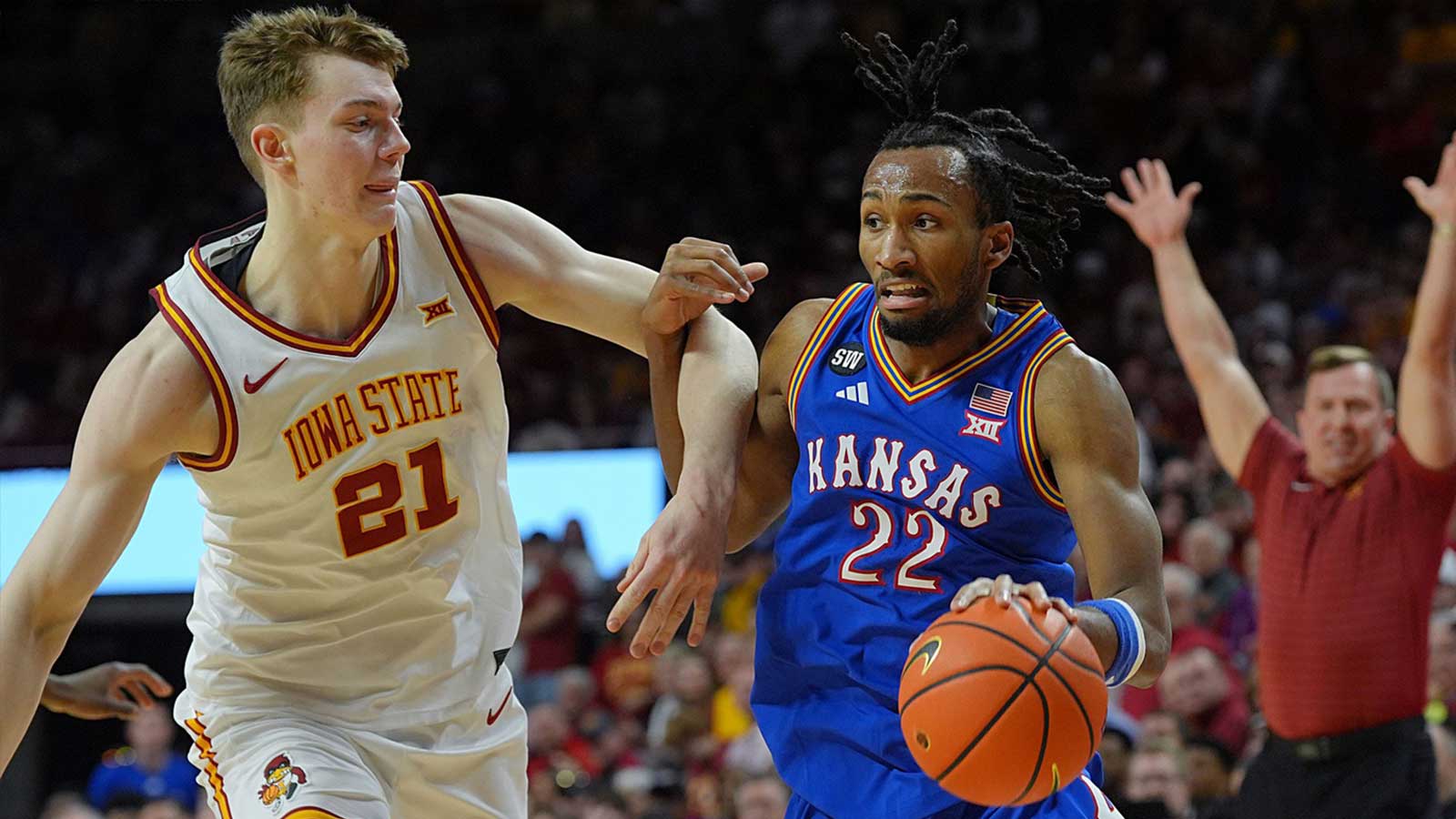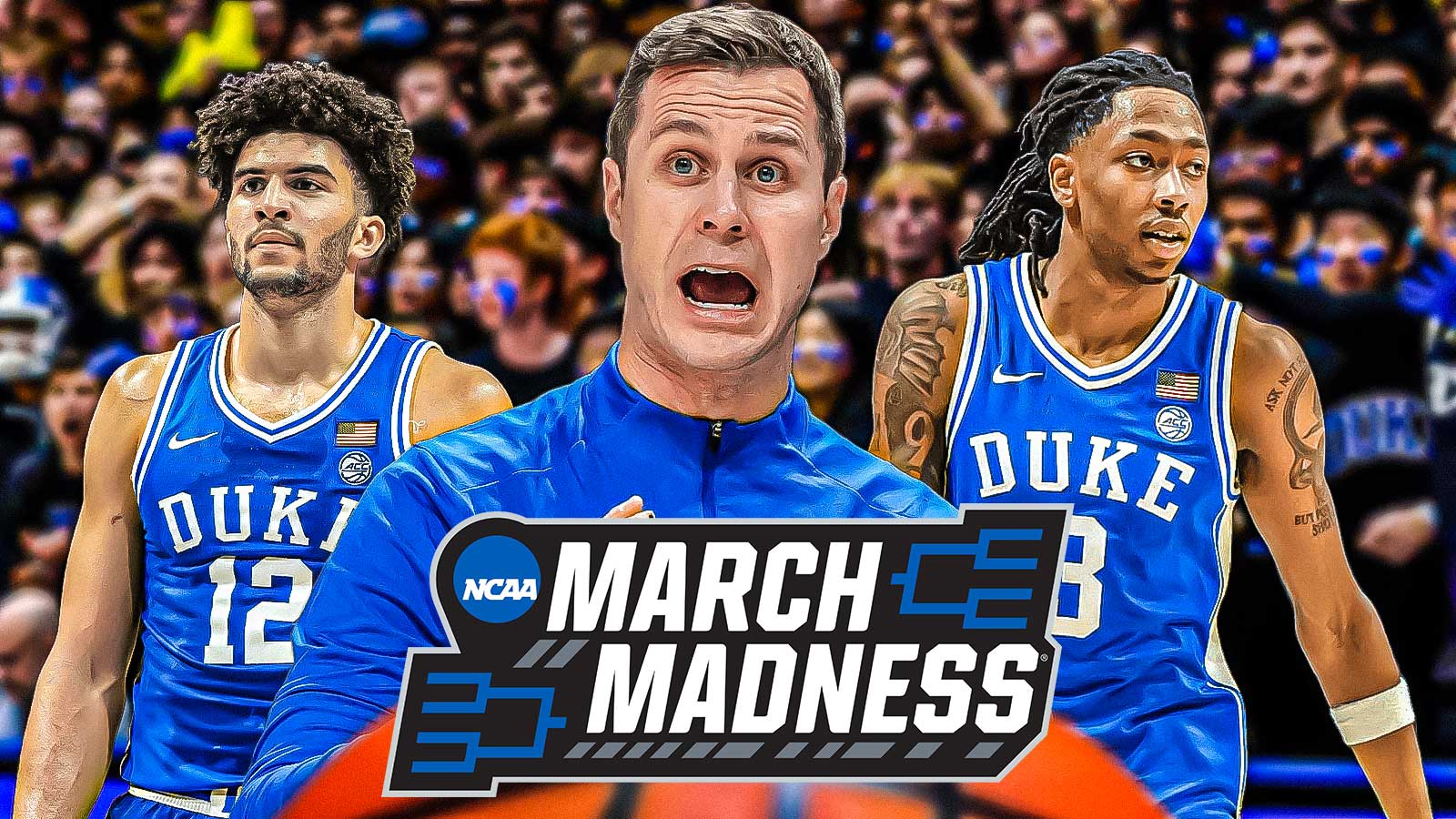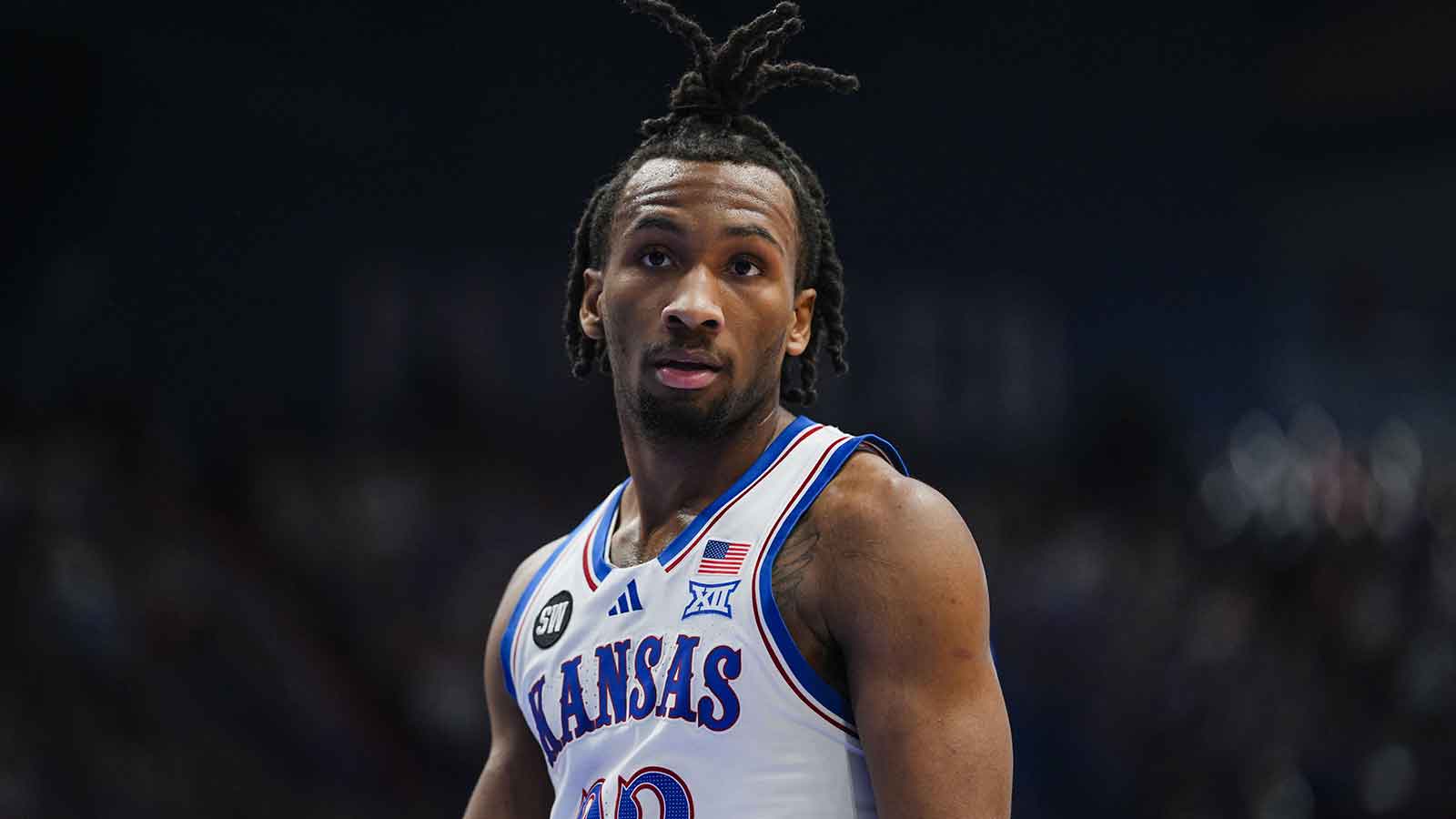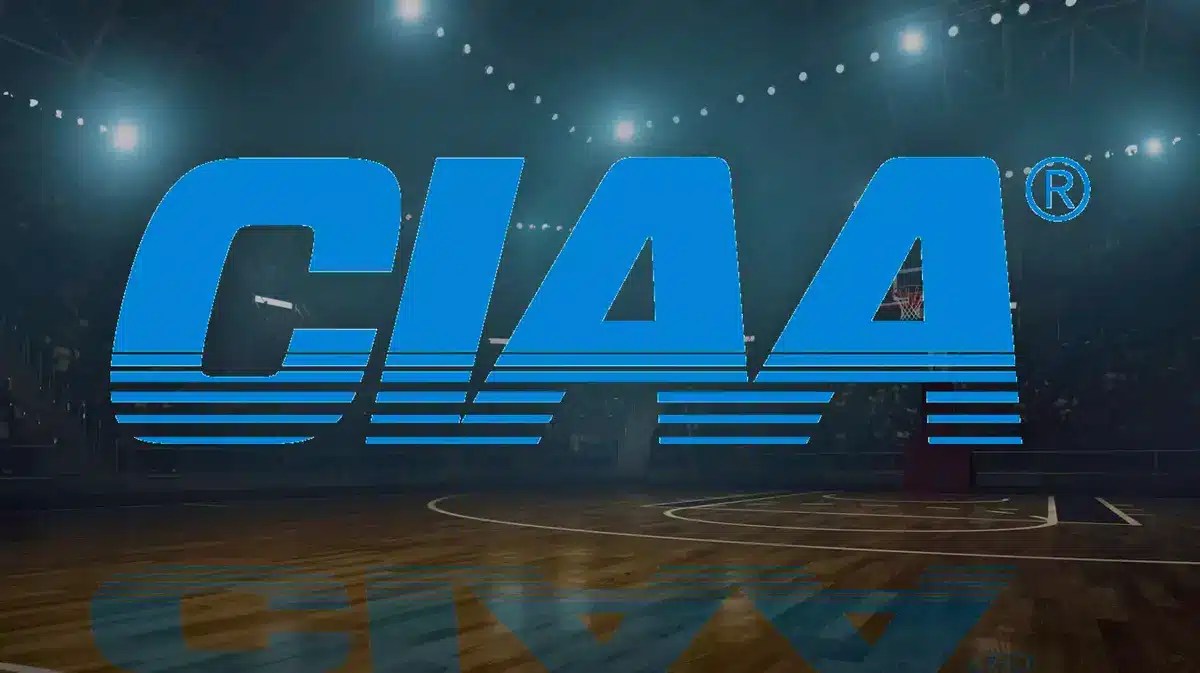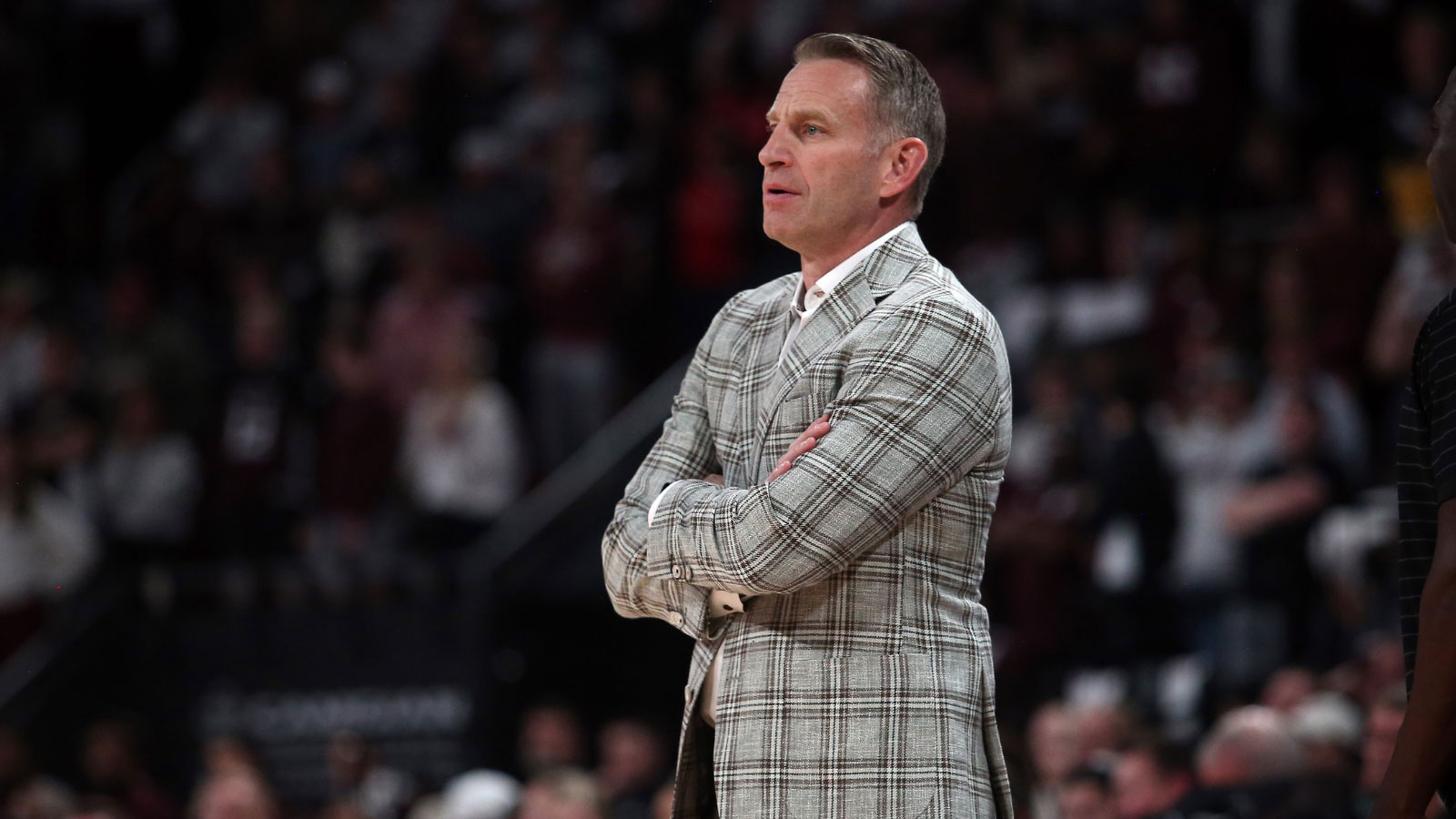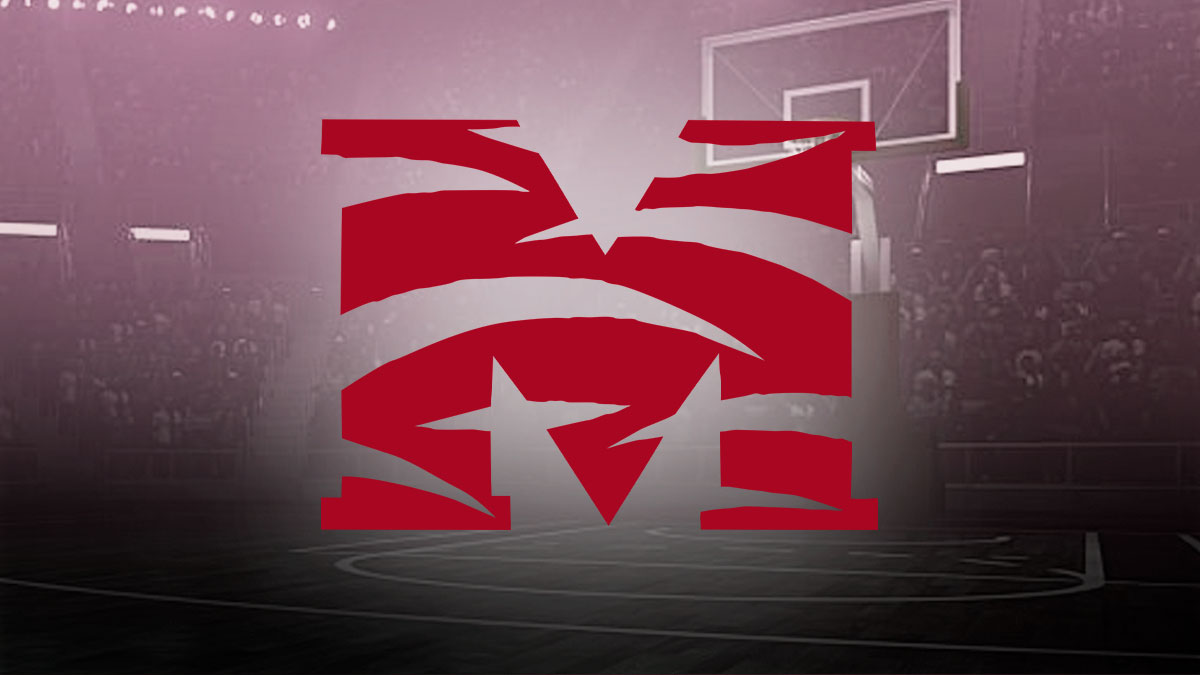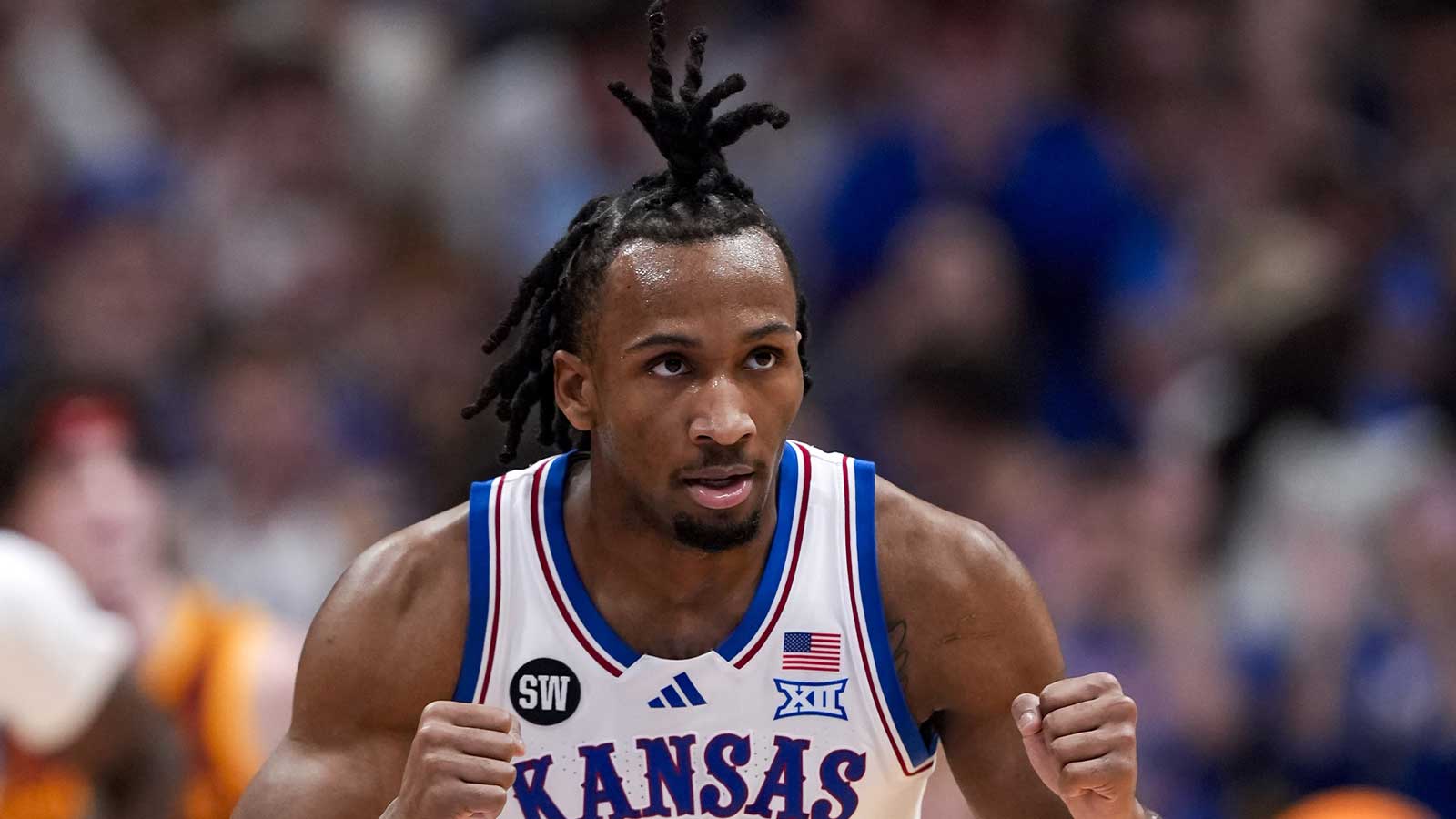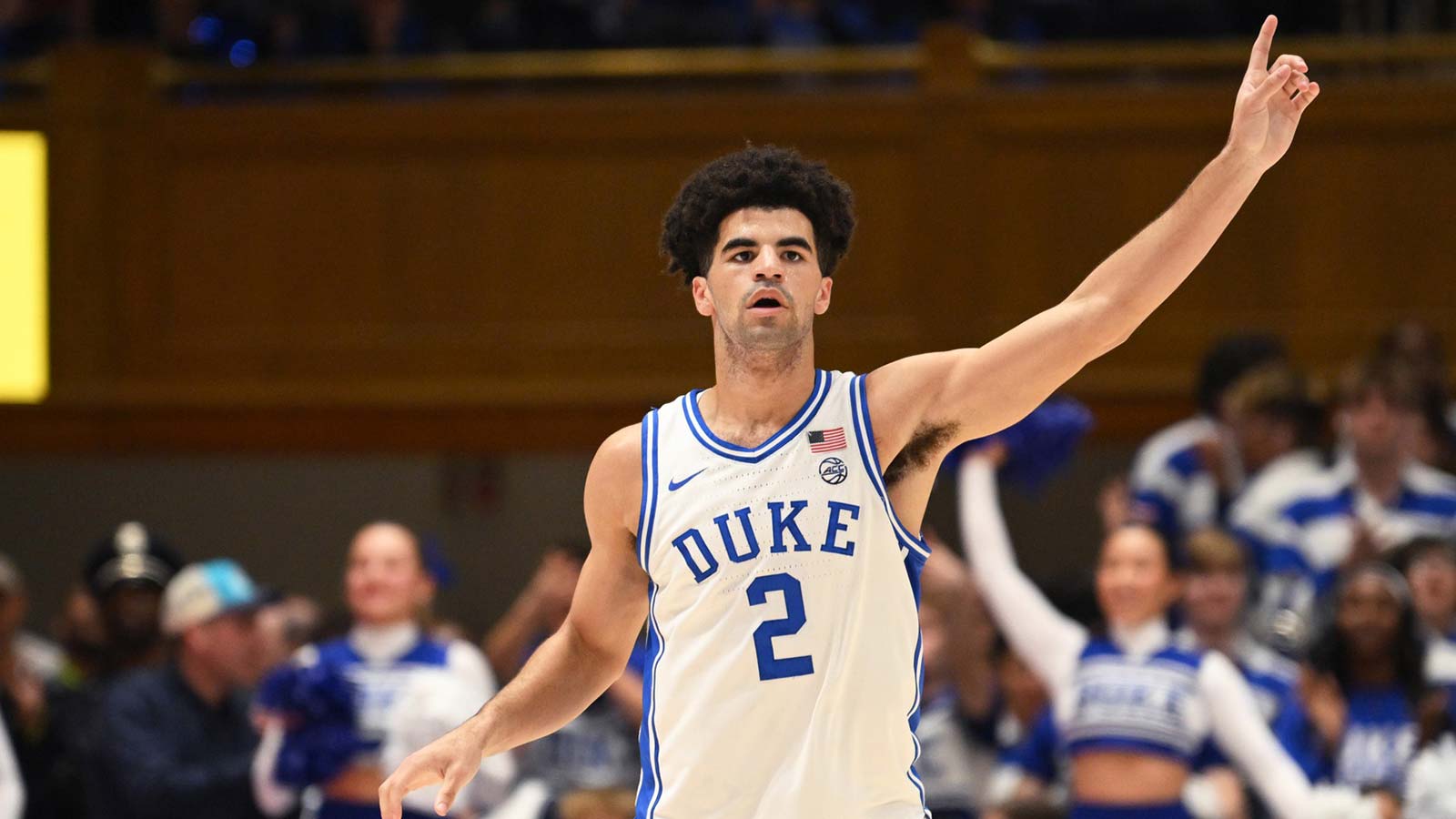The recent eight-year deal between NCAA and ESPN, injecting an estimated $65 million annually into women's basketball, has been hailed as a significant step forward for the sport. Key figures like UConn coach Geno Auriemma and South Carolina coach Dawn Staley have praised this development, emphasizing the potential for a revenue-sharing program similar to men's basketball.
Auriemma praised the deal as a great leap, highlighting the rapid progress made in just a year.
“It's a great step forward, and it really shows how much progress has been made in just one year, really,” Auriemma said, per the Associated Press. “I think this definitely paves the way for a units program similar to the men. There's still a lot left that we can accomplish, and I look forward to it.”
Staley also echoed these sentiments, stressing the importance of such a program for not only women's basketball but also for encouraging greater investment in women's sports on campuses.
“We need it for women's basketball, but we need it on our campuses because that's what's happening on the guys' side,” Staley said. “We need that to happen, and then I do think you'll start seeing administrators realize that we are revenue producing, a revenue-producing sport. That's one of the things that's holding us back.”
Possibility of revenue sharing for women's basketball
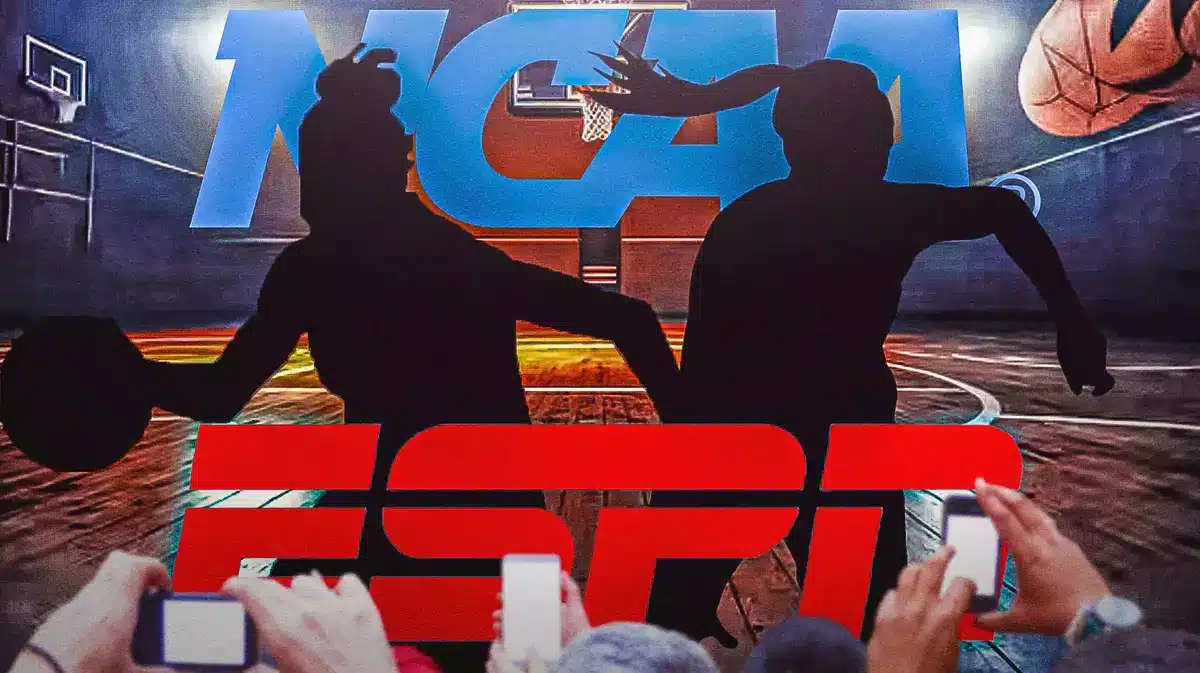
NCAA president Charlie Baker has indicated a commitment to introducing revenue sharing for women's basketball, dependent on a proposal from the NCAA Division I Board of Directors Finance Committee. This development could influence athletic directors to invest more in women's sports, potentially addressing salary disparities between men's and women's programs, as noted by former MAAC commissioner Rich Ensor.
“No question that it will drive more focus if you have revenue sharing. It's a way coaches can increase their own salary scales because many times salaries aren't equitable between men's and women's [programs],” Ensor said. “That's because a lot of times the men's program brings in a lot more revenue than the women's.”
The implementation of this revenue sharing is not expected in the immediate future, as the new deal doesn't commence until September and establishing such a system within two months would be difficult.
Championship game will remain in afternoon window
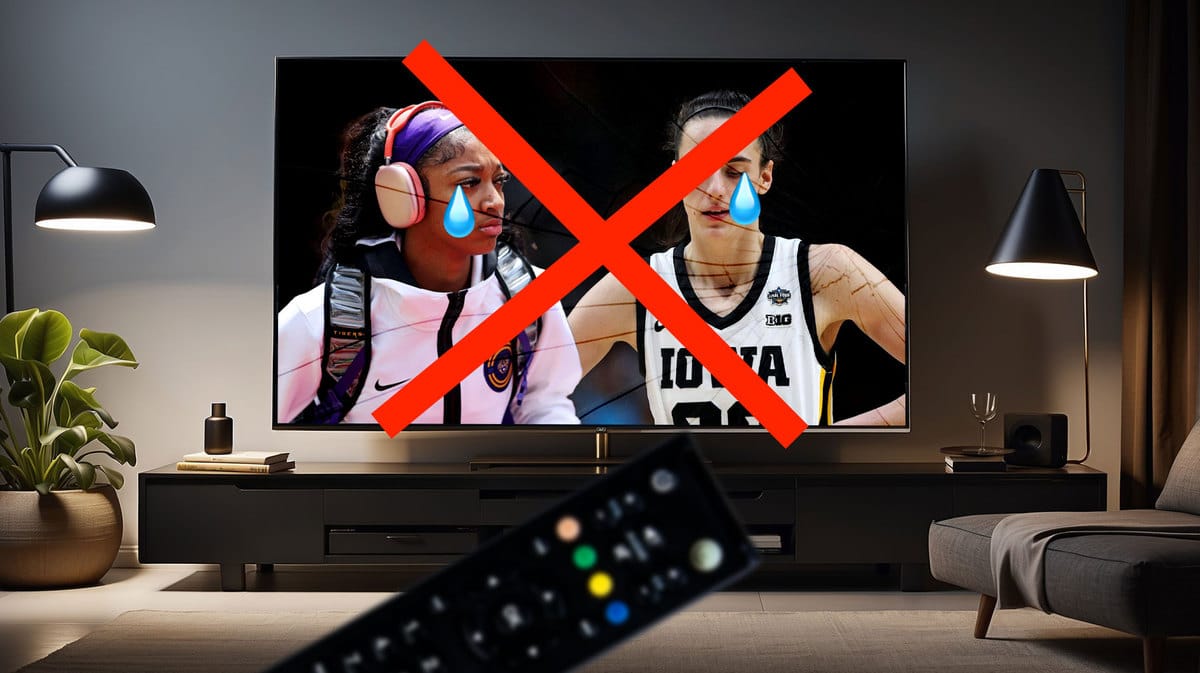
The deal, which also includes other sports, was deemed the most beneficial option by Baker, despite some preference for an independent women's basketball agreement. The Kaplan Report of 2021 had valued women's basketball rights between $81 million and $112 million, but bundling was chosen for the greater benefit of multiple sports. This approach contrasts with the previous ESPN deal from 2011, which the NCAA valued at 10 times less.
The agreement will help cover the losses incurred from women's March Madness, which have increased since the disparities between men's and women's tournaments were highlighted. Additionally, it promises more social media engagement, scholarship protections, post-grad insurance and the inclusion of Division II and III games on ESPN+.
Despite the success of the last championship game attracting nearly 10 million viewers, ESPN executive vice president Rosalyn Durant stated that there are no immediate plans to move the game to a prime-time slot, as the afternoon window on ABC has proven effective.









